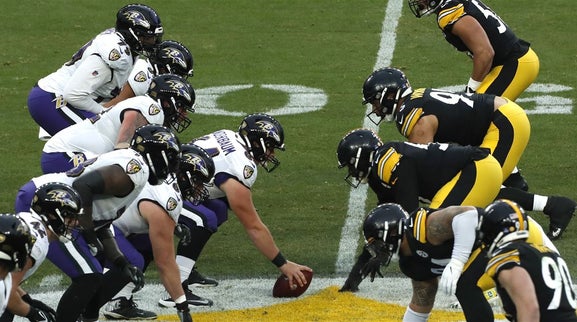The death was verified by the Bears, but the cause was not disclosed.
Butkus stuffed running plays up the middle despite being a decent size for his day at 6 feet 3 inches and 245 pounds. Additionally, he was quick and agile enough to move around and intercept opponents’ pass plays. He was selected for the Pro Bowl eight times and was named to the first team of All-Pros five times. In 1979, the year he first became eligible, he was inducted into the Pro Football Hall of Fame.
The number of times Butkus smothered rival quarterbacks is unknown because sacks weren’t made an official statistic until 1982. But throughout his tenure with the Bears from 1965 to 1973, he was thought to have recovered 27 fumbles in addition to 22 passes that were intercepted.
The Hall of Fame cited Butkus as stating, “When I went out on the field to warm up, I would manufacture things to make me mad.” “If I saw someone on the other side laughing, I pretended he was making fun of the Bears or myself. For me, it has always worked.
When Butkus was a rookie, Bill George, the Bears’ middle linebacker who would later be inducted into the Hall of Fame, thought he was bound for greatness. George previously told The Chicago Tribune, “I started packed my things the moment I spotted Butkus. “There was no possible way that guy wasn’t going to be great.”
Players in the center of professional defensive lines were referred to as middle guards until the early 1950s. They were bulky individuals tasked with mostly halting opponents’ inner running strategies. George started changing defenses by occasionally dropping back for potential throw plays.
When CBS aired “The Violent World of Sam Huff,” narrated by Walter Cronkite, a dramatization of the Giants great, in October 1960, the middle linebacker position was glorified. Butkus was a fullback, linebacker, punter, and placekicker for Chicago Vocational High School at the time.
He played linebacker and center at the University of Illinois for three seasons and was named an All-American in his own right. He guided the Illini to an 8-1-1 record in his junior year and a victory against the University of Washington in the Rose Bowl game on New Year’s Day 1964.
Dan Jenkins stated in a 1964 Sports Illustrated cover article that “if every college football team had a linebacker like Dick Butkus of Illinois, all fullbacks soon would be three feet tall and sing soprano.”
The son of John and Emma (Good-off) Butkus, Richard Marvin Butkus was born into a big Lithuanian-American family on December 9, 1942, in Chicago. His father worked for the Pullman-Standard railroad car company as an electrician.
.




